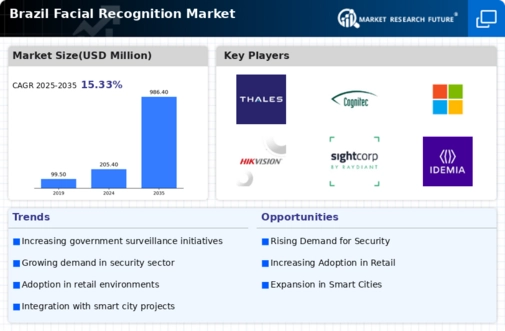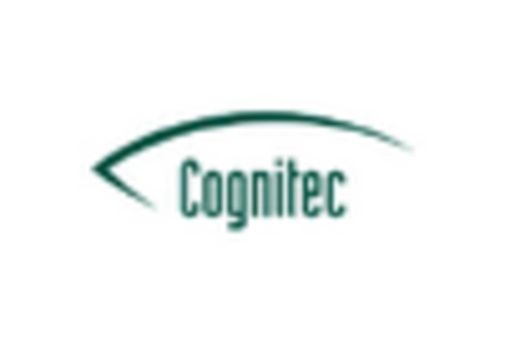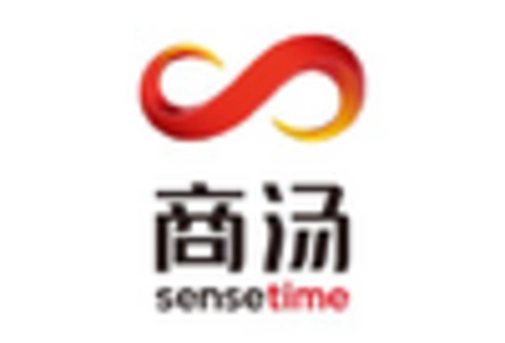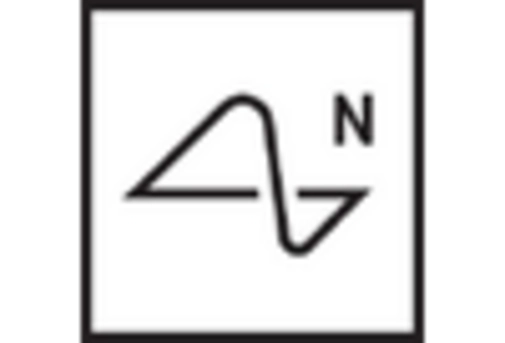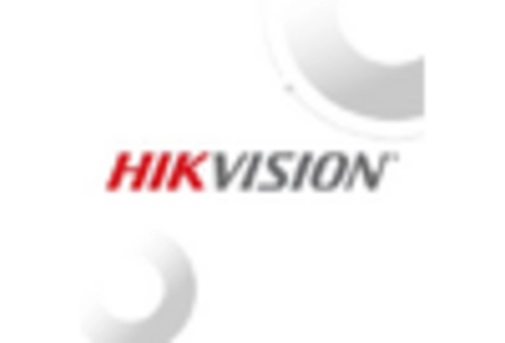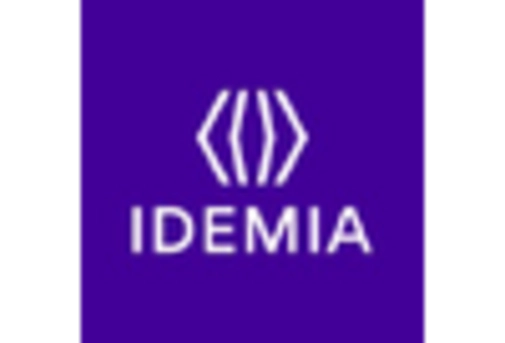Enhanced Security Measures
The Brazil facial recognition market is experiencing a surge in demand for enhanced security measures across various sectors. With rising concerns over crime rates, particularly in urban areas, law enforcement agencies are increasingly adopting facial recognition technology to improve public safety. In 2025, the Brazilian government allocated significant funding to modernize security infrastructure, which includes the integration of facial recognition systems in public spaces. This investment is expected to bolster the capabilities of police forces, enabling them to identify suspects more efficiently. Furthermore, private enterprises, such as banks and retail stores, are also implementing these technologies to prevent fraud and theft, indicating a broader acceptance of facial recognition as a vital tool for security enhancement.
Technological Advancements
The Brazil facial recognition market is propelled by rapid technological advancements that enhance the accuracy and efficiency of facial recognition systems. Innovations in artificial intelligence and machine learning have led to the development of sophisticated algorithms capable of processing vast amounts of data with remarkable precision. In 2025, the market is projected to grow by approximately 20%, driven by these advancements. Companies are increasingly investing in research and development to create more robust systems that can operate in diverse environments, including low-light conditions. This technological evolution not only improves the reliability of facial recognition applications but also expands their potential use cases, from security to personalized customer experiences in retail.
Growing Demand in Retail Sector
The Brazil facial recognition market is witnessing a growing demand within the retail sector, where businesses are leveraging this technology to enhance customer engagement and streamline operations. Retailers are increasingly adopting facial recognition systems to analyze customer behavior, optimize store layouts, and personalize marketing strategies. In 2025, it is estimated that around 30% of major retail chains in Brazil will implement facial recognition technology to improve customer experiences. This trend reflects a broader shift towards data-driven decision-making in retail, where understanding consumer preferences is paramount. By utilizing facial recognition, retailers can create tailored shopping experiences, thereby increasing customer satisfaction and loyalty.
Public Awareness and Acceptance
The Brazil facial recognition market is also influenced by increasing public awareness and acceptance of facial recognition technology. As consumers become more familiar with the benefits of this technology, such as improved security and personalized services, there is a growing willingness to embrace its use. Surveys conducted in 2025 indicate that approximately 60% of Brazilians support the implementation of facial recognition in public spaces, provided that adequate privacy measures are in place. This shift in public perception is likely to encourage further investment in facial recognition systems by both public and private sectors. As acceptance grows, the market is expected to expand, driven by a collective understanding of the technology's potential to enhance everyday life.
Regulatory Framework Development
The Brazil facial recognition market is influenced by the ongoing development of regulatory frameworks that govern the use of facial recognition technology. As concerns regarding privacy and data protection grow, the Brazilian government is actively working on legislation to ensure responsible use of this technology. In 2025, new regulations are expected to be enacted, establishing guidelines for data collection, storage, and usage in facial recognition applications. This regulatory environment aims to balance the benefits of enhanced security with the need to protect individual privacy rights. As businesses navigate these regulations, compliance will become a critical factor in the adoption of facial recognition systems, potentially shaping the market landscape.

